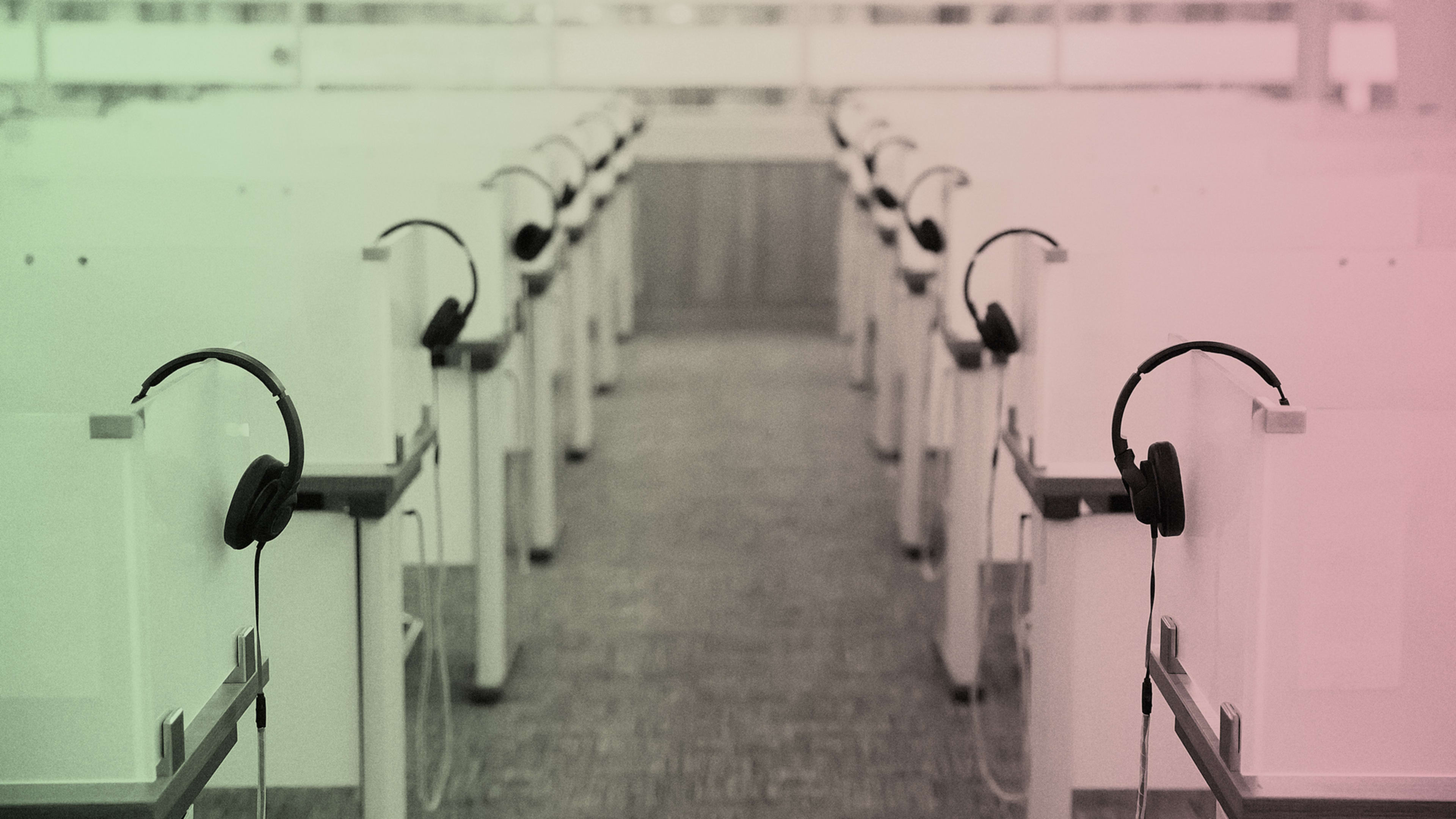Americans have suffered a cascade of instability, illness, death, job loss, and school closures this year. The added stressors could make for a rough holiday season. Crisis hotlines and text apps that counsel people under acute duress are optimistic that this season may be less chaotic than usual, as families have settled into being homebound. But just in case there are issues, crisis lines are staffing up.
Contrary to popular belief, the holidays are relatively quiet for crisis lines. Calls dwindle and organizations that respond to crisis lines offer volunteers a much-needed break. However, because this year has been unusually difficult, crisis lines will keep staffing up to prepare for a possible rise in calls and texts. Because of the rising number of COVID-19 cases, some people are opting to spend the holidays alone instead of spending it with friends and family. People are already feeling more anxious and depressed than normal. Isolation could make that worse.
“Volume is up even pre-holiday. It’s up from last year. It’s consistent with what we get in the spring, which is our highest volume during the year. So, we’re going into this with a different baseline,” says Beverly Marquez, CEO of Rocky Mountain Crisis Partners, an organization that supports crisis lines in Colorado.
While official reports of child abuse have dropped substantially this year, calls to crisis hotlines have increased. Meanwhile, in September, the New England Journal of Medicine published a perspective that called intimate partner violence a “pandemic within the pandemic.” The report noted that in some regions reports of domestic abuse dropped 50% below the usual—not because incidents were dropping, but because people confined at home have not been able to safely reach out for help. However, the National Health and Resources Services Administration has said that while reporting is lower, more incidents of abuse are showing up in hospital emergency rooms.
In general, Cheryl Eskin, program director at Teen Line, says that holidays are relatively calm for kids. “Break is usually good, because there’s less stress about school, more free time, they get to sleep—in general it’s a less stressful time,” says Eskin. Teen Line puts teens in touch with other teens, assisted by mental health professionals, to talk through struggles. Eskin says teens are often excited about holiday travel and potential gifts. But with the pandemic interfering with typical holiday plans, teens may feel more isolated and depressed, she says.
However, there is also a sense that kids are starting to settle in. She says that between March and June of this year, when Teen Line’s call line was down, the organization received 140% more texts and emails related to child abuse than the same period the year before. Teen Line has since started taking calls again, and while contact related to child abuse remains above average, it’s starting to come down nearer to Teen Line’s usual baseline.
Tia Dole, chief clinical operations officer at the Trevor Project, which focuses on serving LGBT youth, is seeing a similar trend. “I think that young people are really fatigued,” she says. For her teens, she says, the interruptions to the usual holiday plans may be a benefit. Many won’t have to see extended family members who don’t appropriately acknowledge their gender identity or sexual orientation, for example. However, the one component of the holidays she is concerned about is alcohol use.
“When you inject alcohol into unstable or volatile situations, that’s when you see risk increase,” she says. During the pandemic, alcohol sales have boomed. One study found that people ages 30 to 59 were drinking more frequently than they did a year ago by 14%. In June, Nielsen reported that alcohol sales at stores had jumped up 26% from last year.
It may be that adults are at greater risk of feeling low this holiday season. “I think there’s a lot of grief and loss that is going on,” says Marquez. “Parents can really be hard on themselves and have really high expectations for the holidays and it’s going to be really hard for people to meet the expectations that they try to meet in other years.”
To help people overcome these feelings, her counselors try to provide validation for callers. She says it’s important to acknowledge negative feelings and then take care: “Cut yourself some slack!” It’s important, she says, to have realistic expectations for this year and more specifically this holiday season. Another piece of advice? Just because everyone has to keep socially distant doesn’t mean they have to be emotionally distant.
“Let someone know if you’re in a tough place,” she says. “We usually learn that we’re not alone in some of the struggles we’re feeling and that can make a big difference.”
Below is a list of organizations to call if you need someone to talk to this holiday season:
Teen Line: (310) 855-HOPE (4673)
National Suicide Prevention Hotline: 800-273-8255
The Trevor Project: 1-866-488-7386 or text 678-678
National Sexual Assault Hotline: 1-800-656-HOPE (4673)
National Domestic Abuse Hotline: 1-800-799-SAFE
Recognize your brand’s excellence by applying to this year’s Brands That Matter Awards before the early-rate deadline, May 3.
